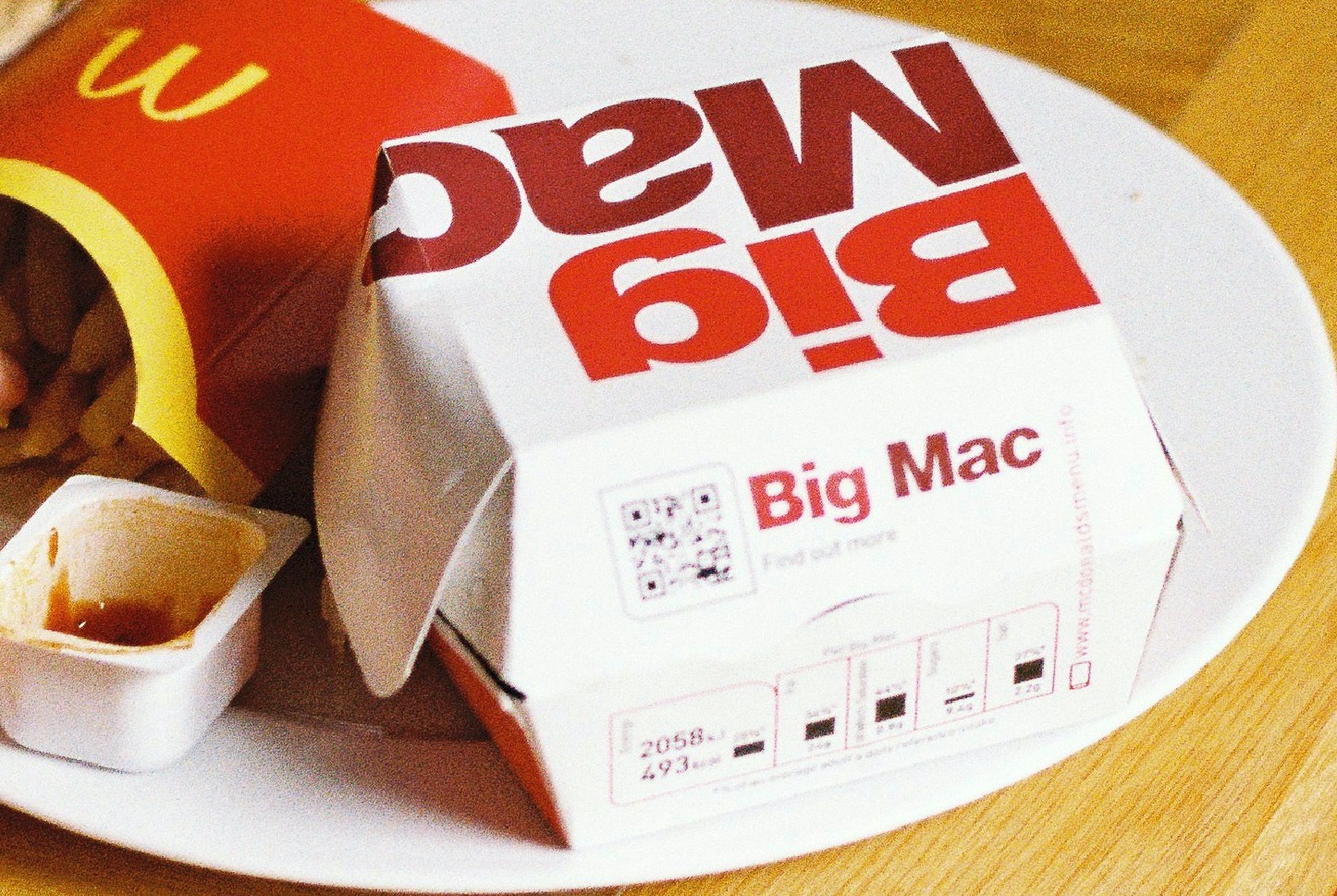IP | Even the famous cry: the McDonald’s Big Mac case

On 5 June 2024, the General Court of the European Union ruled on a matter concerning McDonald’s famous Big Mac trademark registered in 1996 by the American giant. The facts date back to 2017, when the Irish company Supermac, asked the European Union Intellectual Property Office (EUIPO) to declare McDonald’s Big Mac trademark invalid.
The lawsuit
According to Supermac, the Big Mac trademark had not been used for at least five years for ‘prepared meat and poultry products, meat sandwiches, pork sandwiches and for services rendered or associated with the operation of restaurants and take-away food preparation’. Consequently, the Irish company, as the law allows, asked the EUIPO to declare the trademark invalid. EUIPO, in an initial decision, had granted Supermac’s request and declared the trademark invalid. On appeal, the decision was overturned and the validity of the trademark was again confirmed.
However, on 5 June 2024, the EU General Court in Luxembourg modified the last decision by ruling that the trademark would be revoked for non-use, but only for chicken products.
The use of the Big Mac trademark
The evidence provided by McDonald’s and examined by the General Court was found insufficient to prove ‘genuine use’ of the trademark for poultry products. In fact, the documentation did not provide indications of sales, prices, the period during which the trademark was used and its frequency.
Among the documents produced by McDonald’s were:
- printouts of advertising posters, on which appear, among other things, the handwritten words ‘September – November 2016’, and menu boards relating to the ‘Grand Big Mac Chicken’;
- a screenshot of a TV commercial related to ‘Big Mac + Grand Big Mac Chicken’, broadcast in France in 2016;
- screenshots from McDonald’s France Facebook account, relating to the “Grand Big Mac Chicken” offer in 2016.
The Court’s decision
The EU General Court, however, did not consider this evidence sufficient to prove ‘genuine use’ of the Big Mac trademark for ‘chicken sandwiches’, ‘food prepared with poultry products’ and related services. As a result, the judges considered the trademark invalid but only for chicken products, while it remains valid for sandwiches and other beef products.
The battle is not over, however. McDonald’s, in fact, could still take action before the Court of Justice of the European Union, the highest Court in Europe.
Article originally appeared on 13 June 2024 in the publication ‘Il fatto alimentare’. The original Italian version of the article ca be found at this LINK.




